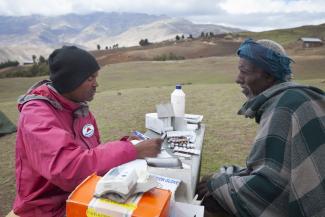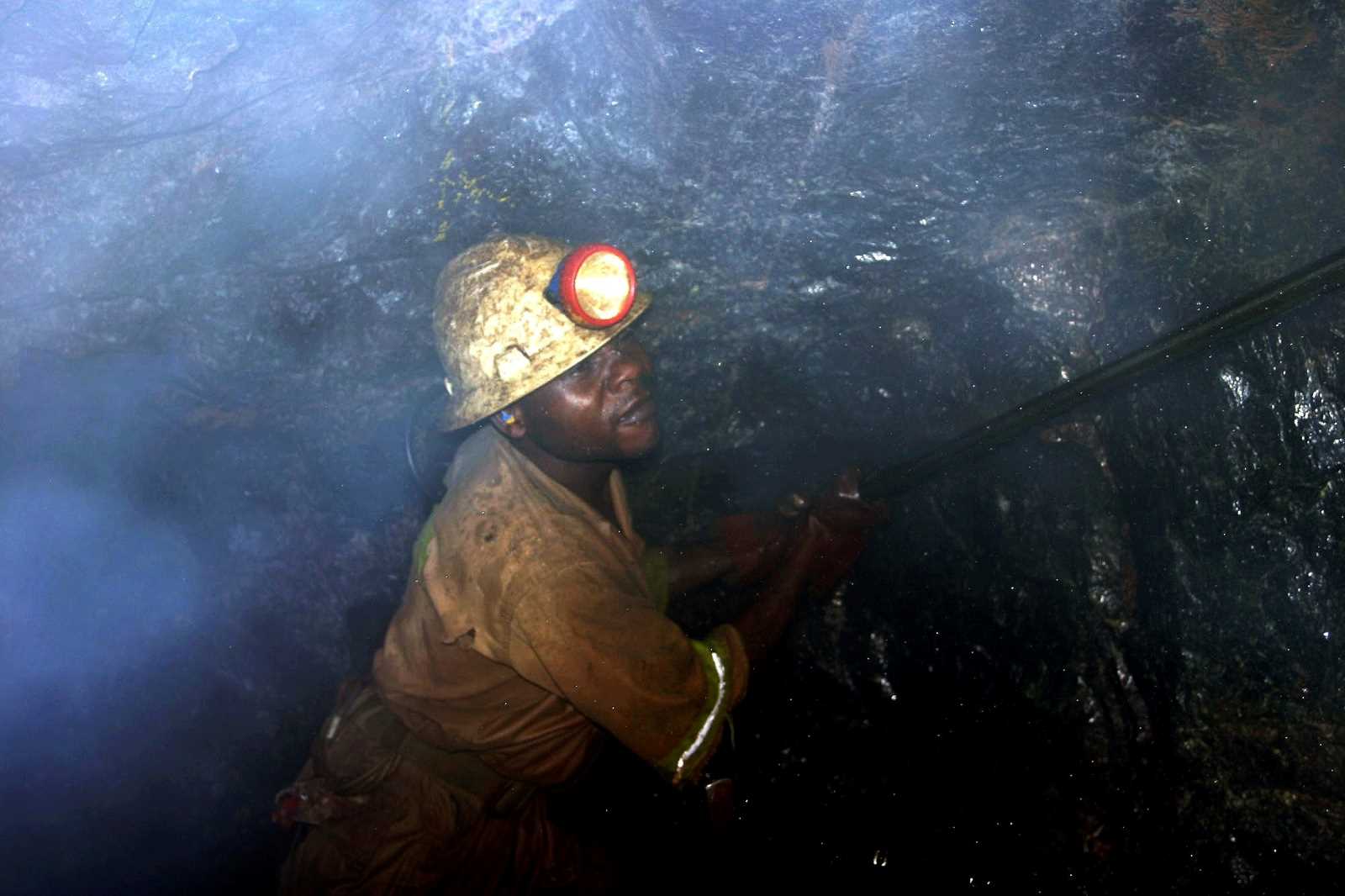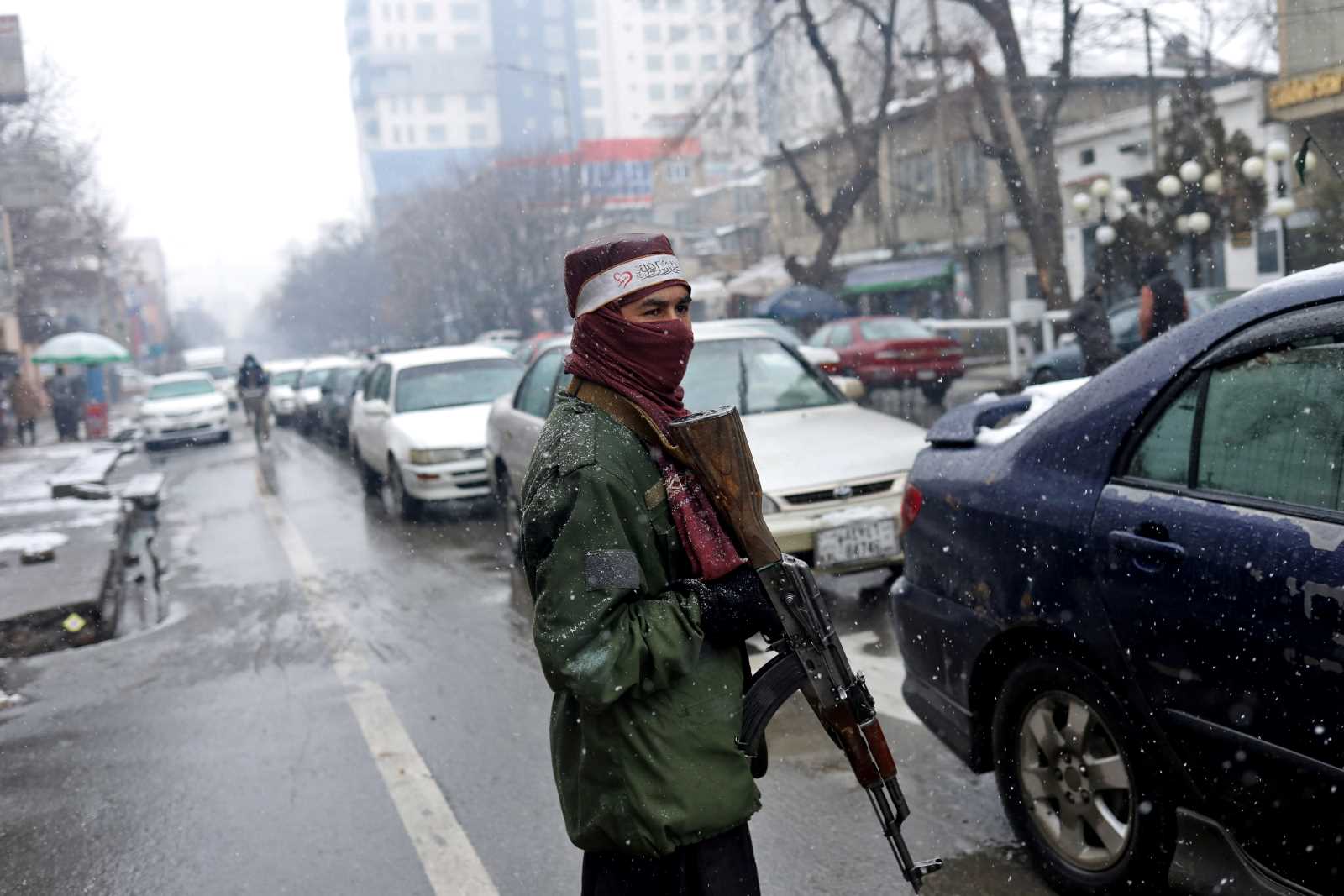Our view
Failure is unaffordable

Several aspects are clear. High-income countries should finally live up to their pledges concerning official development assistance (ODA). But even if they do, more money will be needed. Accordingly, developing countries must shore up their domestic revenue services and collect more taxes. Moreover, middle-income countries must contribute to enhancing capacities and opportunities in poorer countries.
And yet more funding will be needed. Ultimately, private-sector investments will prove decisive for the SDGs to drive the needed transformation. Business cannot go on as usual but must be reoriented towards sustainability. Generating profits is not enough. Not only the owners’ welfare matters, everyone’s does. Environmental side effects must be controlled. Public goods – including good education and healthcare for everyone – must be provided.
It is a fallacy to believe that state and market are two alternative ways to handle things. They are not opposites, but actually complement one another. To flourish, markets need prudent regulation. And to pass and enforce prudent regulation, governments need the tax revenues, that only flourishing markets can provide. Yes, the logic is circular. Governments cannot and must not micromanage economic decisions, but they can and must define the frameworks that guide those decisions in the right directions. Given that the world market transcends national borders, we need multilateral regulations today, and that makes things even more complex.
As the Organisation for Economic Co-operation and Development (OECD) argues in a recent report on SDG finance (see review essay in E+Z/D+C e-Paper 2019/07, Focus section), the global community must set in motion a virtuous circle, in which intelligent public spending triggers responsible private investments, with clean technologies and good governance reducing the daunting challenges our species faces and opportunities improving for everyone.
In regard to SDG finance, however, many questions remain to be answered. We lack precise definitions for what “south-south cooperation” or “climate finance” mean. ODA is a well-defined category, but its overlaps with climate finance are unacceptably blurry. Some ODA, moreover, is used for environmentally unsustainable purposes. Migrants’ remittances and private investments must contribute to funding the SDGs – but nobody is systematically keeping track of the environmental and social impacts.
To achieve the SDGs, we will need more clarity and better reporting. To make both happen, serious conceptual work and competent policymaking are needed. The bad news is that multilateral settings are currently under attack. The good news is that conceptual work can be done everywhere, and policymaking can begin at every level, starting at the grassroots.
Some people wonder whether the SDG agenda is affordable. The truth is that failure is unaffordable: the costs would include fast accelerating environmental destruction, further disintegration of global relations and ever more fragile peace. If humanity fails to rise to global challenges, all nations will suffer and none will be great.
Hans Dembowski is editor in chief of D+C/E+Z.
euz.editor@dandc.eu











